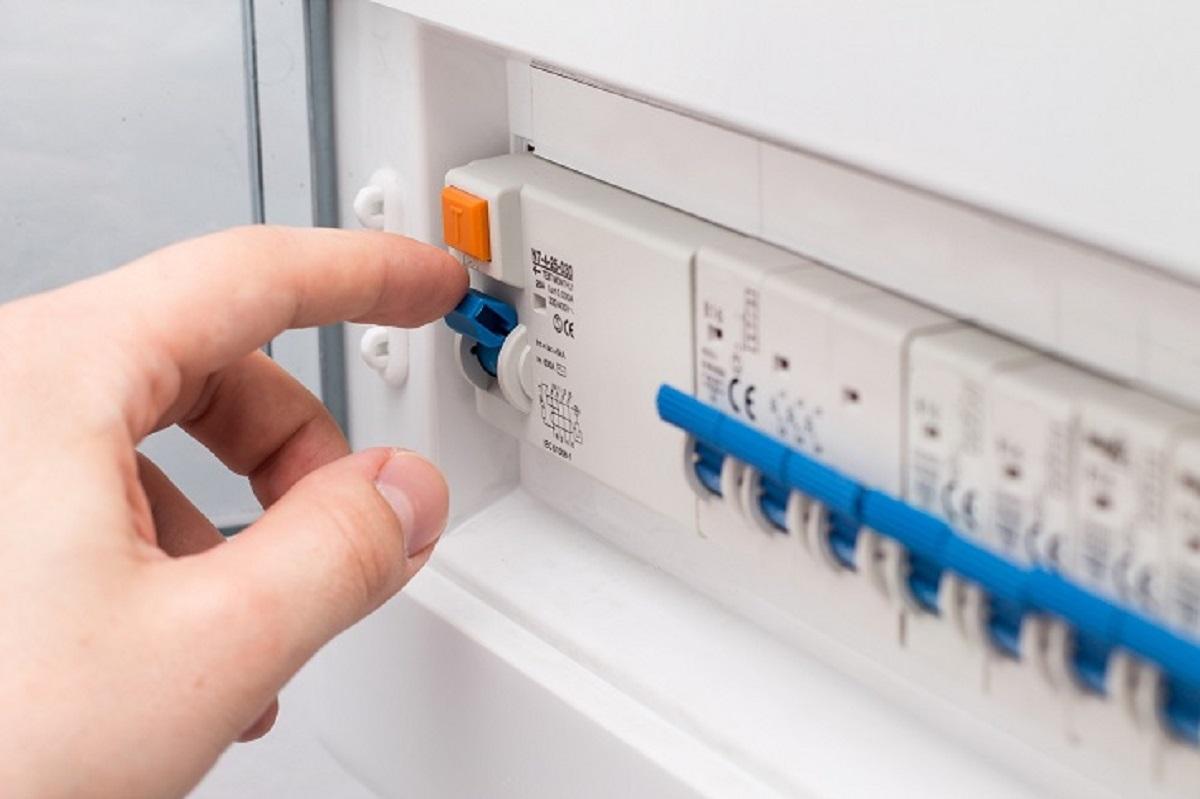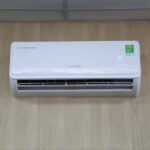
Air conditioners are becoming increasingly popular and essential in the lives of many families in Vietnam as the weather becomes more extreme and hot. However, if used incorrectly, air conditioners can consume a significant amount of electricity, leading to increased expenses and wastefulness.
The following tips can help you save up to 50% on your electricity bills during the hottest months when using air conditioning.
1. Choose an air conditioner with a suitable capacity for your room size
The first thing to consider before buying an air conditioner is to choose one with a capacity that matches the size of the room it will be installed in. If the room is too large for the air conditioner, it won’t be able to cool the entire space effectively, forcing you to lower the temperature to its maximum, which consumes more electricity. On the other hand, if the room is small and you use an air conditioner with a higher capacity, you will be wasting electricity unnecessarily.
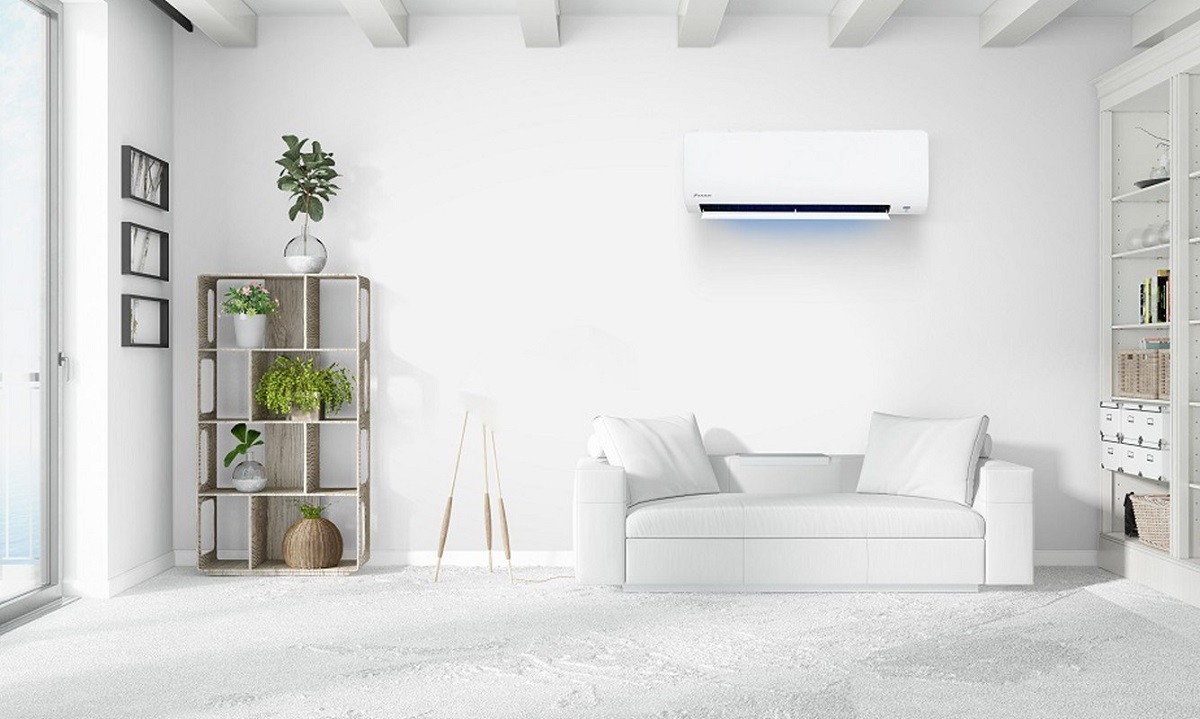
To choose the right capacity for your air conditioner, you can refer to the following table:
| Room Size (sq. ft.) | Minimum Air Conditioner Capacity (BTU) |
| Up to 15 sq. ft. | 9,000 BTU |
| 15 – 20 sq. ft. | 12,000 BTU |
| 20 – 30 sq. ft. | 18,000 BTU |
| 30 – 40 sq. ft. | 24,000 BTU |
BTU is the British thermal unit, used to measure heat and the power of heating and cooling systems. Some air conditioners use horsepower (HP) to measure capacity, with 1 HP equal to 9,000 BTU.
2. Install the air conditioner in a suitable location
If possible, it is best to install the air conditioner in the center of the room to ensure even distribution of cool air. However, if this is not feasible, choose a well-ventilated location, avoiding direct sunlight, and maintain a minimum distance of 2-3 meters between the outdoor and indoor units for optimal airflow. This will help you save a significant amount on your electricity bills without having to lower the temperature too much.
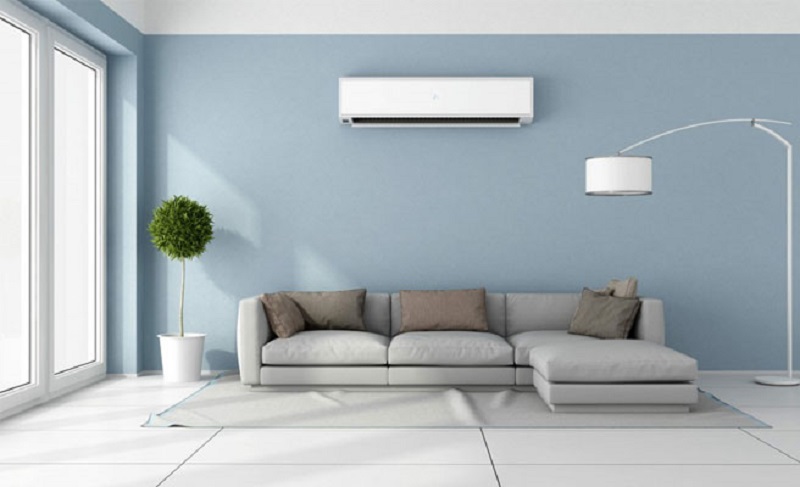
3. Maintain your air conditioner before the hot season
After prolonged use, your air conditioner will undoubtedly accumulate dirt and dust, affecting its optimal performance. Therefore, it is essential to have it professionally cleaned and serviced to ensure it is in top condition. A well-maintained and properly charged air conditioner will provide excellent cooling performance and help reduce your monthly electricity bills.
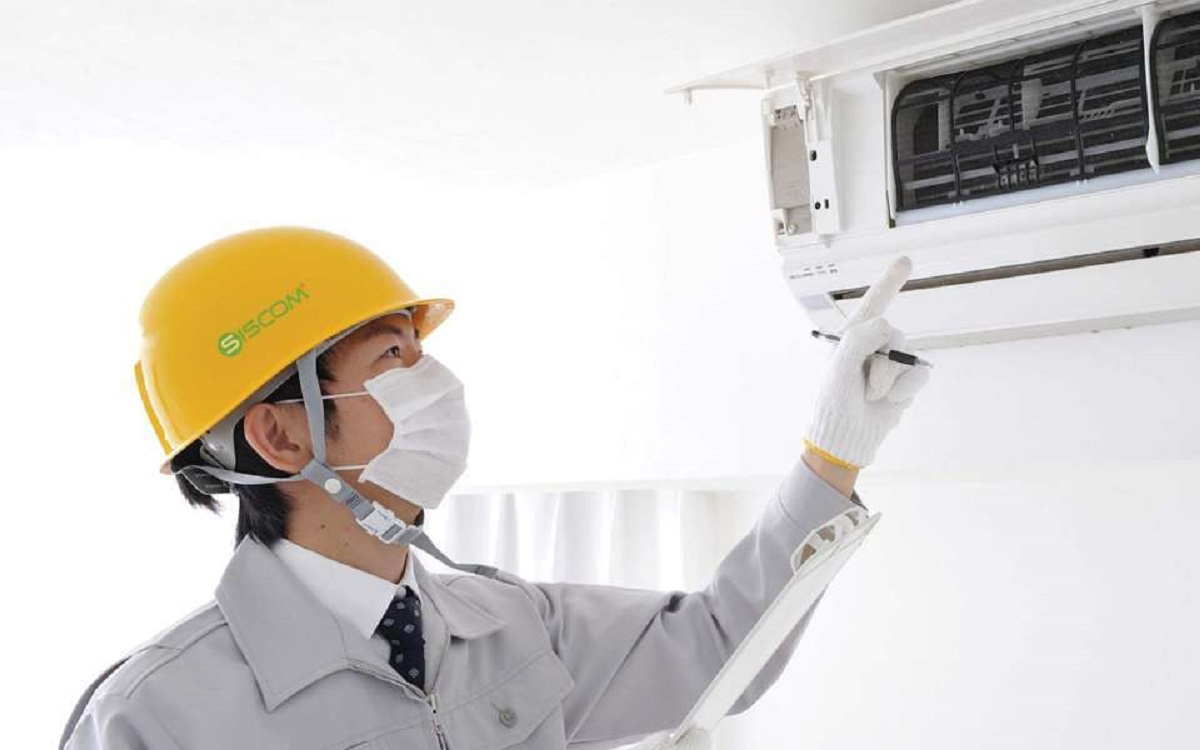
4. Avoid frequently turning the air conditioner on and off
Each time you turn on the air conditioner, a large amount of electricity is required for the initial startup and cooling process. Once the desired temperature is reached, the air conditioner stabilizes and consumes less power. However, if you frequently turn it on and off within a short period, the cooling process has to restart, resulting in excessive electricity consumption and wastefulness.
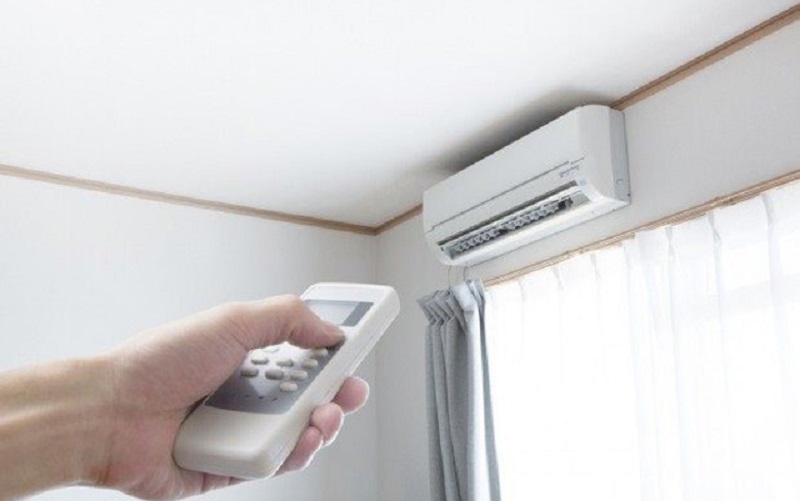
5. Don’t leave the air conditioner running 24/7
During the hottest months, many people tend to leave their air conditioners running continuously, even when they are not at home, believing that it saves the hassle of restarting it upon returning home. However, this practice is extremely wasteful and can lead to higher electricity costs. Additionally, constantly running any electronic device increases the risk of safety hazards and fires. Therefore, it is advisable to turn off the air conditioner when leaving the house.
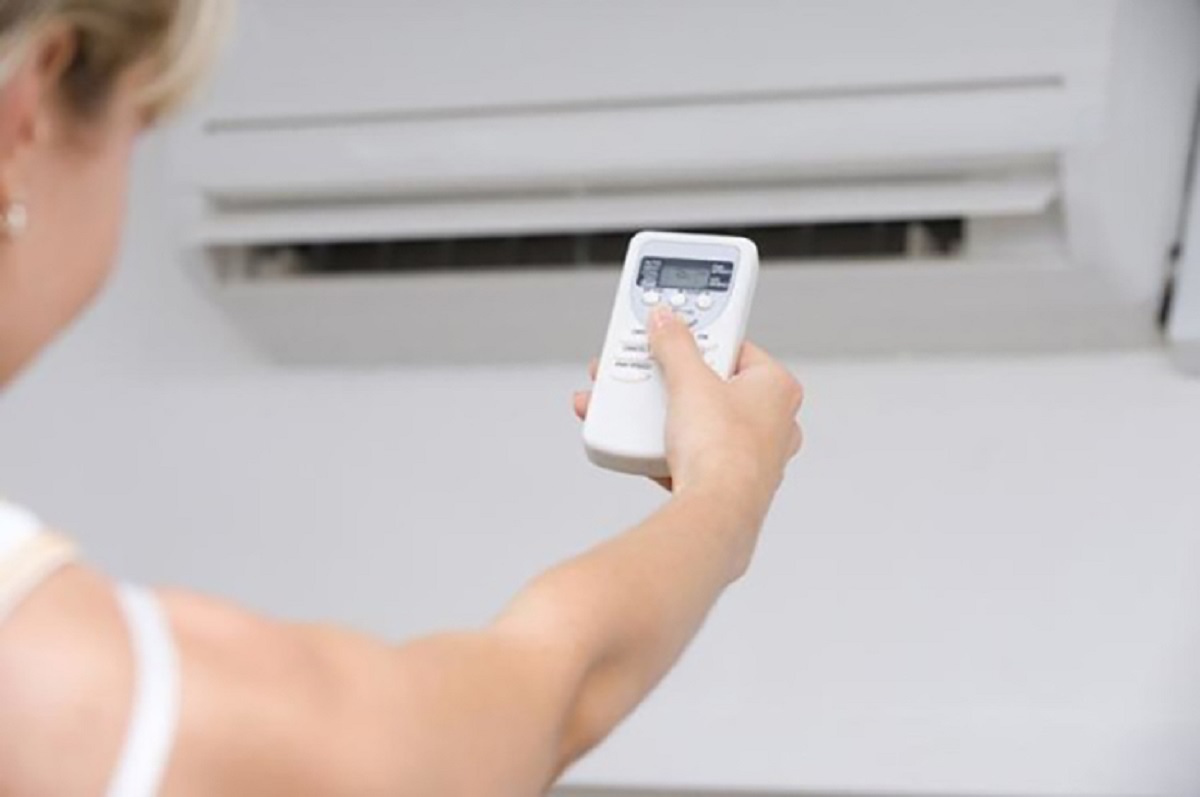
6. Set the temperature appropriately
Some people believe that lowering the temperature drastically will result in faster and longer-lasting cooling. However, this will only lead to wasted energy consumption and put a strain on the unit. If you have chosen an air conditioner with the right capacity for your room size, maintaining a temperature between 24°C and 27°C should be sufficient for stable operation without excessive electricity consumption, and it is also comfortable for the human body.
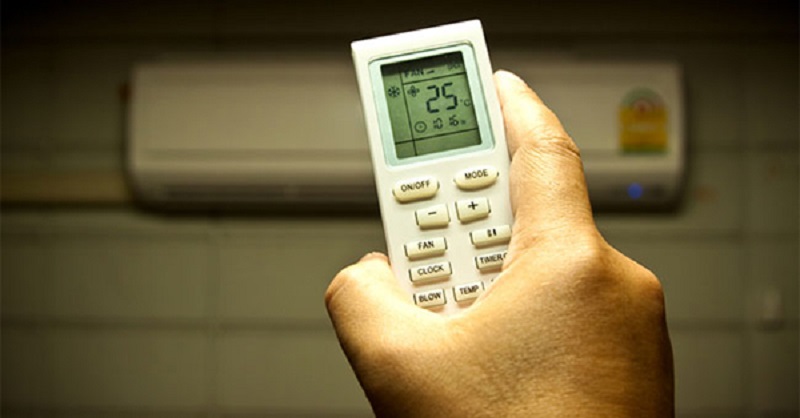
7. Choose an Inverter air conditioner
Inverter air conditioners differ from conventional ones as they maintain a stable and slower compressor operation while still providing optimal cooling performance and reducing energy waste. This technology is the current and future trend for air conditioning, but the downside is that Inverter air conditioners tend to be more expensive, which may not be affordable for all households.
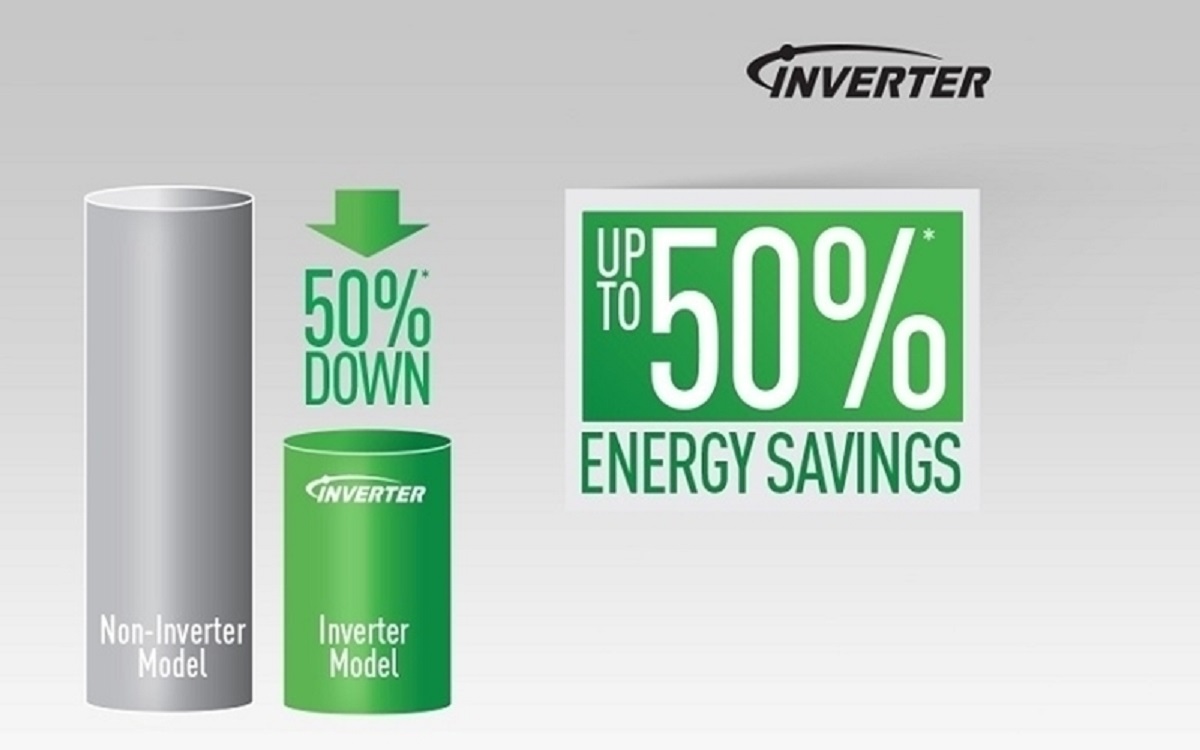
8. Turn off the circuit breaker when not in use
Many people believe that simply turning off the air conditioner with the remote control is sufficient. However, the reality is that even when turned off, the air conditioner remains in standby mode, consuming a small amount of electricity. To save on your monthly electricity bills, it is best to turn off the circuit breaker connected to the air conditioner when it is not in use.
